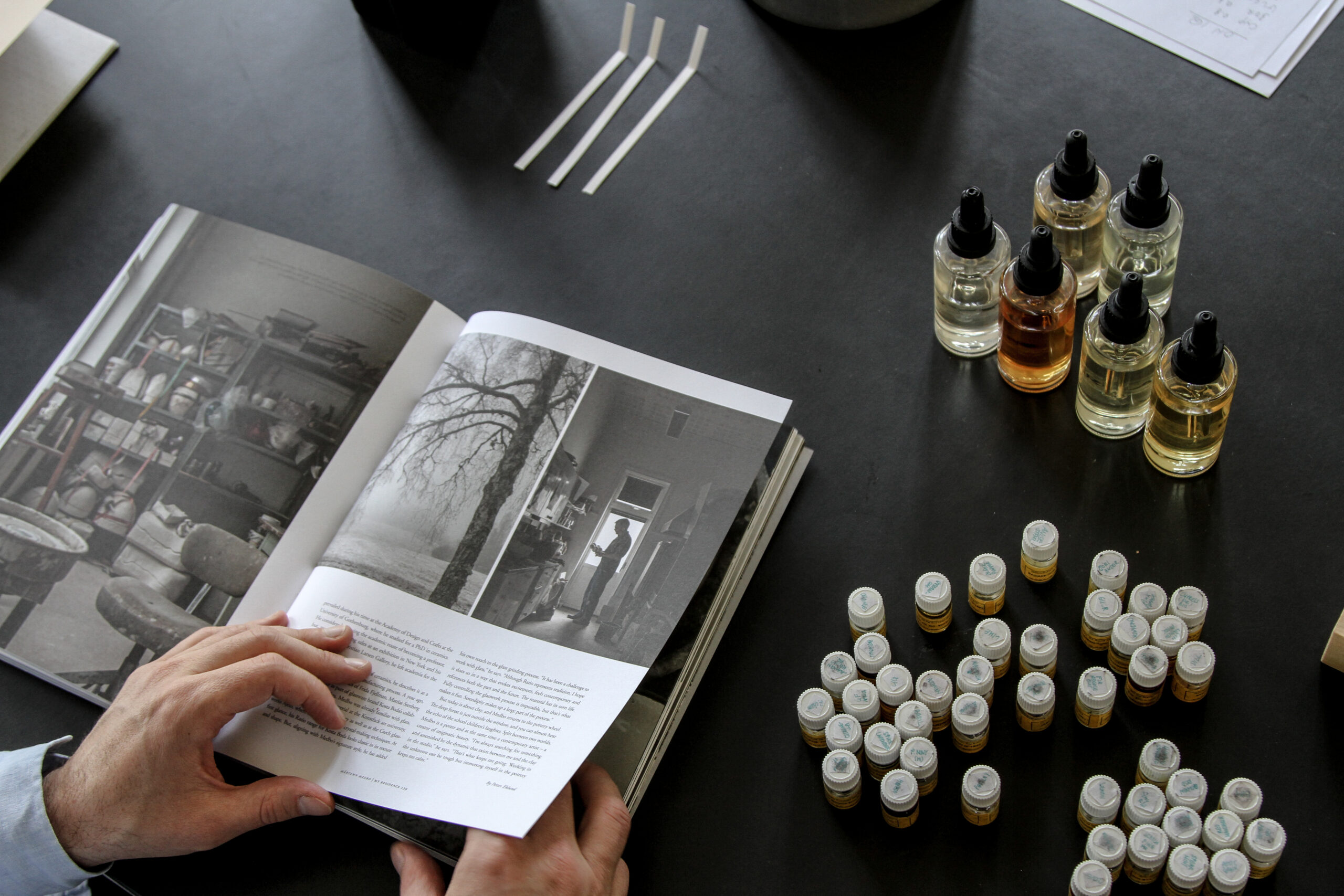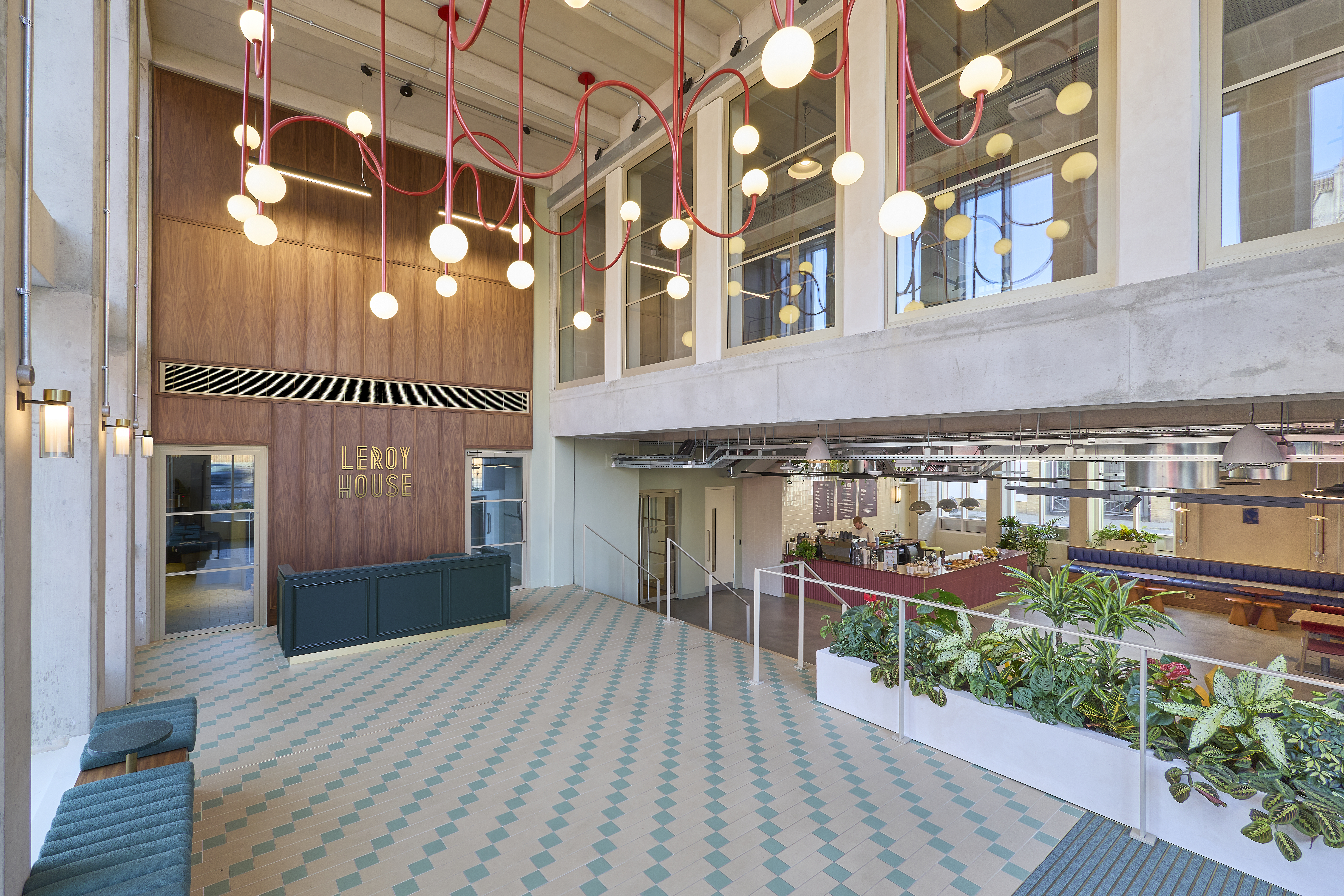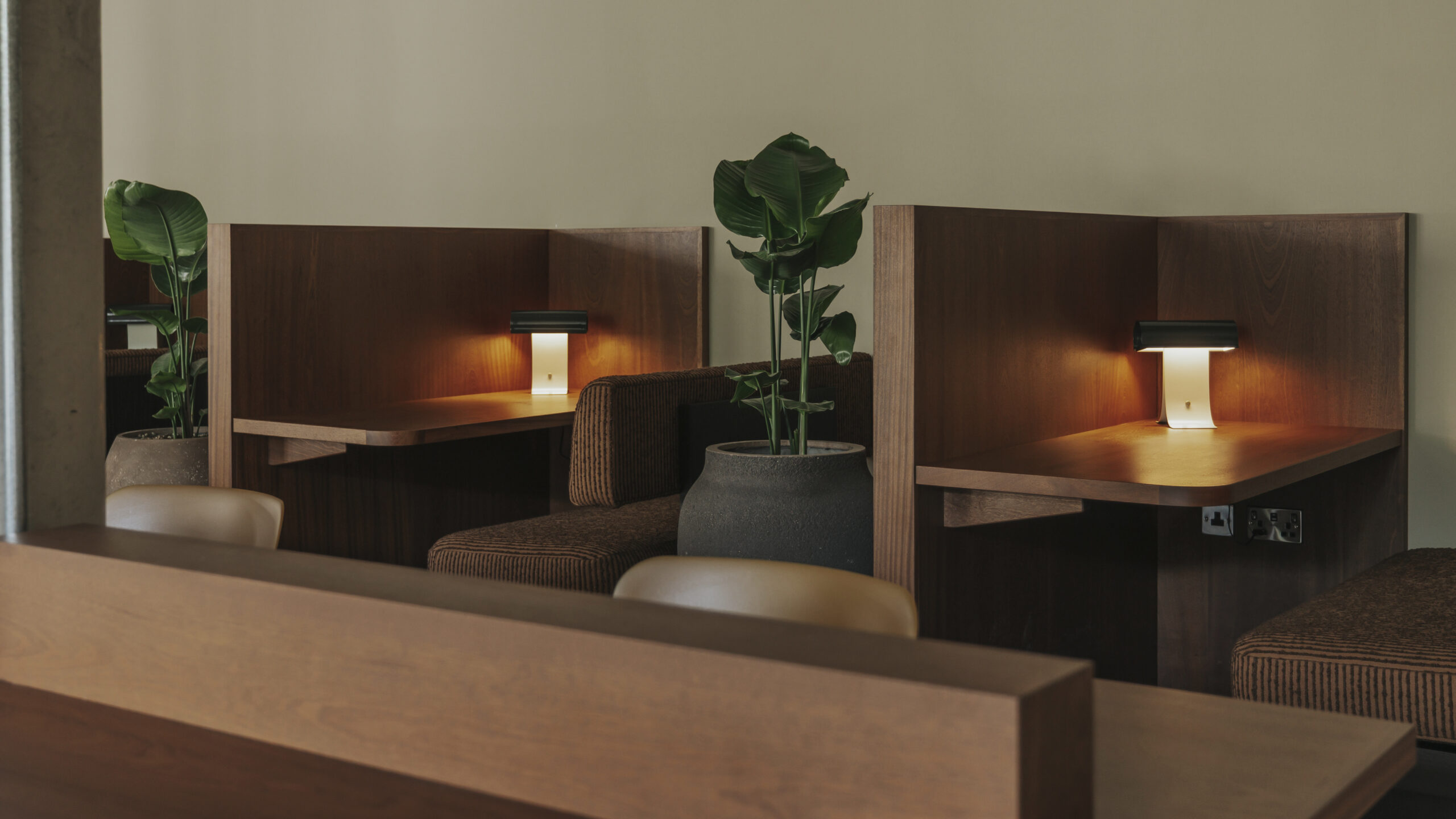 Steve Lang: “A corporate scent can be a type of sensory branding”|||
Steve Lang: “A corporate scent can be a type of sensory branding”|||
“Designing an office that your employees enjoy spending time in is recognised to have a positive impact on productivity, staff retention and ultimately the bottom line. As an industry, we create buildings to appeal to sight, acoustics and touch, but what about the sense of smell?” asks Steve Lang.
Lang is director of the commercial research team at Savills and author of What Workers Want 2016, in partnership with the British Council for Offices. The BCO and Savills recently teamed up again for a survey that suggests that employees have begun to attach greater significance to smell in the workplace. “Of 1,000 office workers, 75% said that smell was important to them – up from 67% when we last ran the survey in 2013 – but only 60% are satisfied with the smell of their workplace,” he says.
While scent in the office and its impact on employee wellbeing is being taken increasingly seriously by occupiers, retailers are currently leading the way in utilising the power of scent, where the most effective spaces draw on all five senses to create a holistic customer experience.
Ambius, one of the largest providers of workplace scenting, claims that 75% of the emotions that we generate each day are affected by smell, and yet scent is still regularly left out of the equation in office design. “Smell may rear its head during design discussions around ventilation and the proximity of kitchens to workspaces, or in comments between colleagues annoyed at someone’s particularly pungent lunch, but it is seldom considered as something that could impact workplace wellbeing,” says Lang.
The role of smell has been harnessed in retail, where it is predominantly used to drive sales, as well as in the hospitality industry, but scent has a different task in the office, suggests Lang. Positive effects aren’t limited to maintaining a calm ambience, but could range from improving mood to increasing employee focus.
Smell memory is the most powerful part of our memory, triggering strong emotional responses, and a pleasant scent can go as far as to elevate mood by 40%, according to Ambius. “Scents such as lavender, pine and eucalyptus are reported to alleviate stress,” Lang explains. “Others such as lemon and jasmine can be employed to improve concentration and accuracy.”
Some office occupiers have gone even further by developing their own signature scents – to soothe or energise staff, but also to strengthen corporate identity: “Having a corporate scent can be a form of sensory branding; providing consistency across offices and evoking specific emotions among employees and visitors.”
But, with scent causing strong emotional responses in the individual, there are several considerations to be made. Just like office lighting, acoustics, temperature and other environmental factors, what works for one employee is counterproductive for another: “Of course, scenting the office may not be to everyone’s taste, and organisations need to be aware of sensitivities among the workforce, otherwise the benefit to some employees could be wiped out by headaches and allergies among others,” says Lang.
“Nonetheless, the evidence in favour of actively managing the smell of the office is growing,” he concludes. “Don’t be surprised if in 10 years’ time integrating a scent into the office is as common as providing natural light or a bunch of flowers at reception to greet clients.”
Steve Lang, director in the commercial research team at Savills, explains the untapped potential of scent in workplace design























